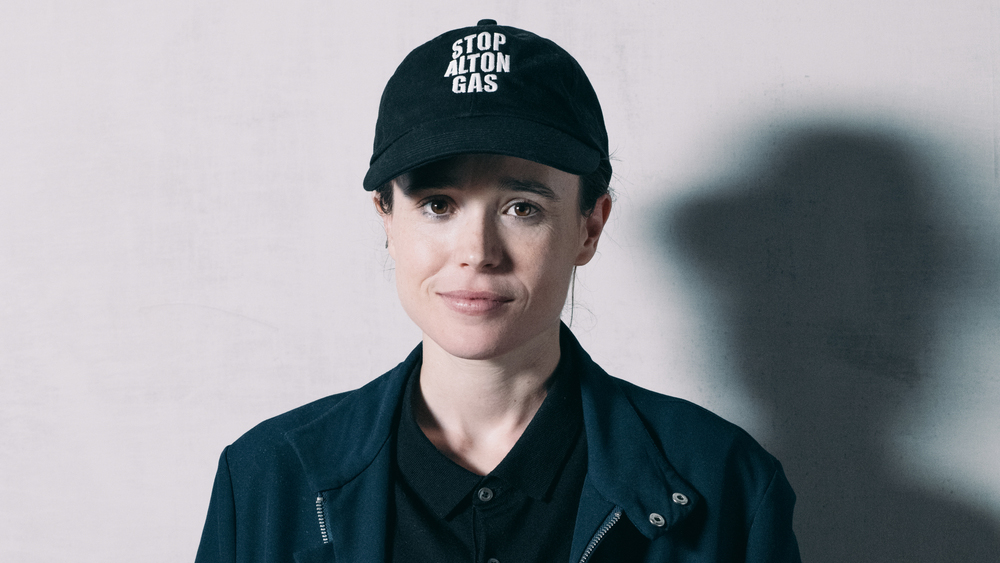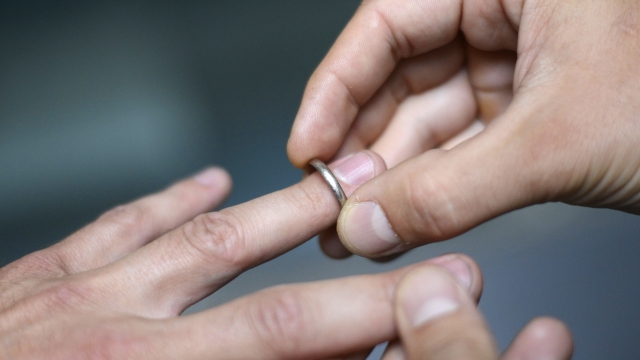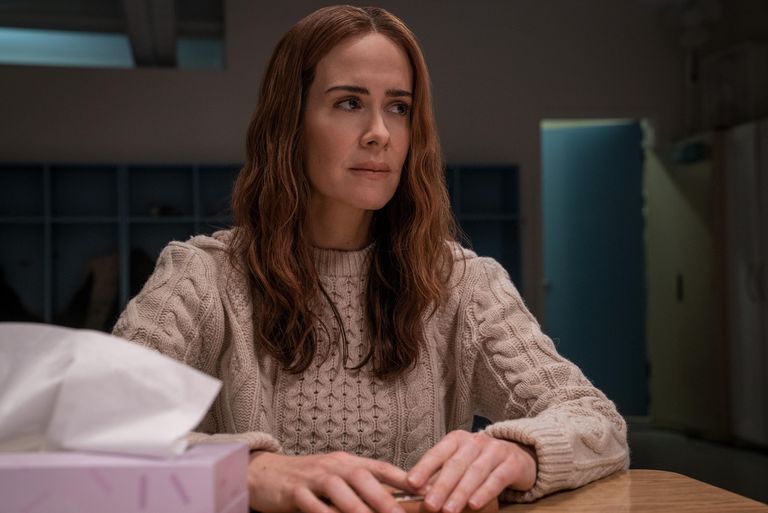If you’re ready to make the change from “casual” relationships to a more grown-up approach, you’ve come to the right place. Not that there’s anything wrong with keeping things casual, of course. Truthfully, different kinds of relationships each have their right and wrong times, and trying to force something to grow up is rarely a good idea. In a way, a relationship never fully grows up, because if it did, it would – by definition – die.
That being said, maybe you’re tired of not knowing where you stand with someone, and that’s perfectly fine, too. Just make sure you’re not trying to force a mature relationship out of someone who isn’t ready.
Assuming you’ve got your person lined up, and they’re ready to make things more serious, too, here’s what you need to do to take it there.
1. Be very clear about what you want.
If you were handling your casual relationship the right way, you’ve probably already went over the things you hope to get out of the relationship, but it’s important to realize that things (and people) change. Revisiting your expectations can help make sure the two of you are still on the same page. Just because you’re ready to move forward doesn’t always mean the other person is, and you need to respect it. If it comes to a disagreement (as it sometimes will), it’s best if you say your goodbyes. Maybe that person will re-enter your life at a later point, when she is also ready to move forward with things – but no one should be forced to settle for something they don’t want.
2. Set aside time for each other.
In a casual relationship, you’re often just seeing each other when you both have free time. But in a “grown-up” relationship, you need to make time for one another. This might seem a bit weird at first, especially if you’ve never been in a “serious” relationship before, but believe it or not, it gets easier with more practice. You shouldn’t expect that things will magically fall into place, and there might be occasions where your plans are completely destroyed. But a grown-up relationship understands that, and the two of you will still try to find a way to be together.
Note: This step is important even if the relationship is long-distance – Skype or Facetime date nights are just as important, especially if that’s all you have most of the time. Visits together are great, but that shouldn’t be the only time you talk.
3. Set aside time for yourself, too.
As important as “couple” time is in a healthy relationship, alone time is just as important. Please note that work and school do not count as alone time. This should be a time when you’re specifically working on hobbies and your other relationships – those with friends and family. This can be difficult once you’re living with your partner, so it’s important that you get into the habit before moving in together.
4. Talk.
Talk about your feelings. Talk about your problems. Talk about how your day went. Just talk, and listen, too. It’s important that you talk about what’s going on before things get out of hand – and sometimes this means the conversations will be uncomfortable. It’s important that you have these uncomfortable conversations, though, because if you put them off until there’s a serious problem, it’ll be so much harder to recover from.
5. Listen.
I know I already said listen, but listening is the most important part of communication. If you’re not truly listening to your partner, not only will she feel like you’re ignoring her, but you also won’t be able to understand her perspective on important topics, like your relationship. If you’re not listening, then talking is a waste of time.
6. Check up on your relationship.
One of the most uncomfortable conversations you can have is the one where you ask where the two of you stand… But it’s less uncomfortable if you do it more frequently. Taking the time to make sure the two of you are still feeling the same way can prevent surprises down the road, assuming both of you are being honest about things. This brings me to my next point…
7. Be honest – always.
Sometimes, your girlfriend is going to ask questions that you don’t particularly want to answer. Chances are, if she’s asking, she already has an idea, so lying to her is probably the worst thing you could do. You’re not obligated to tell her every little detail about every part of your life – she doesn’t need to know when the last time you pooped was, for example – but you shouldn’t be hiding things. There is a big difference between “leaving out some details” and “twisting the situation”, so make sure you’re not falling into the second category.
8. Trust her.
It’s absolutely mandatory that you trust your partner – otherwise the two of you have no business together. If she’s destroyed your trust, you might be tempted to stay in the relationship and just give her a shorter leash, so to speak. The problem with this idea is that, once someone has broken your trust, it’s almost impossible to fix it – and hanging on for something that might never happen is only going to break your heart.
9. Give yourself time to calm down.
This is one that’s often overlooked, even in otherwise healthy relationships. Responding to a situation when you’re livid is a bad idea. This is especially true if you’ve been holding things in, as you might be upset about a lot more than just the current situation. Go for a walk or a brisk jog to clear your head before you say something you’ll regret. If you keep a journal, it might be helpful to write down your “initial argument” and then re-read it to find what’s actually important. (I do this a lot, actually – not every annoyance is worth a fight, but putting off bigger issues just to make things easier will not make anything easier.)
10. Find even ground whenever possible.
Grown-up relationships are hard work, and sometimes they’re going to completely suck. Unfortunately, there’s no way around that – and it’s not necessarily a bad thing, as long as you know how to resolve your issues like adults. It’s important to be fair whenever you can. Sometimes this means compromising, and sometimes it means flat-out accepting your partner is right. Generally, you shouldn’t try to force your own right-ness, or you’ll just seem like a jerk.
You should listen to each other’s point of view and opinions, and try to find a way to see things from the other’s perspective. Some of us are better at this than others, but it’s an important skill in grown-up relationships, so practice if you’re not there yet. Trust me, your partner will thank you for trying.
Instead of pushing your way, try and find a way to meet in the middle. It won’t always be 50-50, but it should never be 100-0. If you aren’t able to find a solution that works for both of you, it might be time for professional intervention. There are a number of relationship counselors available in most areas. It’s a good idea to make sure the relationship counselor is accepting of same-sex partners, since unfortunately not everyone will be. If possible, find one who has actual experience with same-sex couples, too, as the dynamic is a little bit different.
11. Accept your differences.
Contrary to popular belief, having a partner who’s exactly like you is not usually a good idea. It’s completely normal to have different opinions, hobbies, and interests from your partner, and in fact, it’s a good thing. What’s important is that you share at least most of the same core values, as these are going to be what shapes your lives together. You should also be able to understand your differences and accept them – even when these differences aren’t something you’re fond of. In fact, especially then.
12. Consciously choose to keep loving this person – or don’t.
Falling in love isn’t a choice, but staying in love is. If you want your relationship with this person to last, you’ll need to choose – day after day – to keep loving your partner and keep accepting her as she is. Any time you start to question whether you can still love her, it’s time to re-evaluate things and decide if you’re still right together. Grown-up relationships understand that sometimes, people grow apart, and situations change. It’s up to the two of you whether you work back together or go your separate ways.
If the relationship does fall apart, one of the most important things to remember is that, just because you’re not in love anymore doesn’t mean you never were – so resist the urge to place blame or regret. Trust me – every breakup is a learning experience. Treat it like one.









